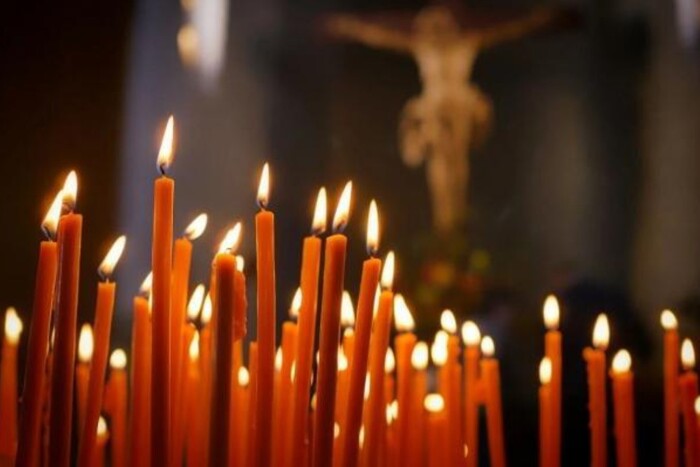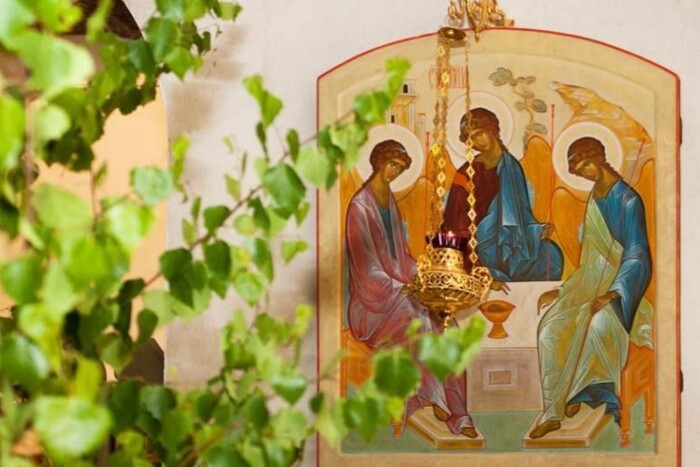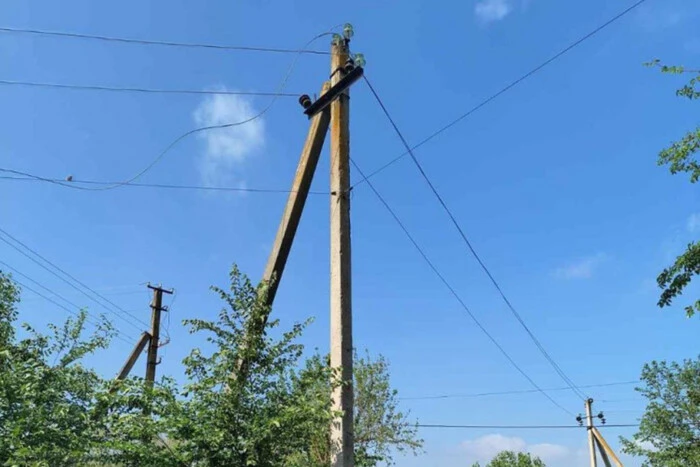Radonitsa: traditions, how to properly commemorate and prohibitions on parent Tuesday.


Ukraine celebrates Radonitsa on April 29 - a holiday when the memory of the deceased is honored. This celebration is a continuation of Easter and takes place on the ninth day after Easter according to the church calendar.
Radonitsa, as it is known, has pagan origins, but with the adoption of Christianity, it transformed into a Christian holiday associated with the commemoration of the dead. It is called 'joyful prayer for the dead,' symbolizing the joyful Resurrection of Christ and the hope for the forthcoming resurrection of all the deceased.
Today, Radonitsa is celebrated as a general church commemoration of the dead. Earlier, the holiday was held on the Red Hill, but it was forbidden to commemorate the deceased during Bright Week, so the date of the celebration was moved to the following week. The next Radonitsa will fall on April 29, 2025.
Radonitsa has its ancient traditions. On this day, our ancestors would prepare kutya, pancakes, dye eggs, and bring food to the graves of the deceased. Part of the food was buried in the ground, and the eggs were broken against the cross to show the connection with deceased relatives.
At home, a glass of water and pieces of bread were left on the windowsill, and during the memorial dinner, three empty plates were placed on the table as a symbol that the deceased 'have breakfast,' 'have lunch,' and 'have dinner.' The rest of the food was shared with those in need.
During Radonitsa, it is worth visiting the church and praying for the deceased. It is also possible to leave memorial notes with the names of the deceased, which the priest will mention during the service. It is recommended to visit the cemetery, bringing dyed eggs and Easter cake, and to clean the graves. If there is no priest at the cemetery, one can light a candle and pray alone.
There are several prohibitions during Radonitsa that one should adhere to. It is important to remember the deceased with good words and to give alms - share food or money. Throughout the day, it is recommended to refrain from mourning, tears, and quarrels. It is forbidden to leave food at the cemetery, to commemorate the deceased with alcohol, to place vodka and black bread before the photograph of the deceased, to quarrel, and to get married.
Radonitsa is also considered a bad omen for planting and sowing in the garden and field, but if it rains, a good harvest is promised.
Read also
- Trinity 2025: traditions, signs, and the strictest prohibitions
- In Ukraine, the trend of visiting psychologists is on the rise. An expert has warned Ukrainians about a troubling tendency
- In Germany, a man drove into a crowd, among the injured are his wife and daughter
- A Warrior from the Cherokee Tribe Defends Ukraine in the Ranks of the Armed Forces
- In one day DTEK restored electricity to over 76 thousand families after shelling
- Parasyuk named the best trait of Zaluzhny that helped the Armed Forces resist the enemy










